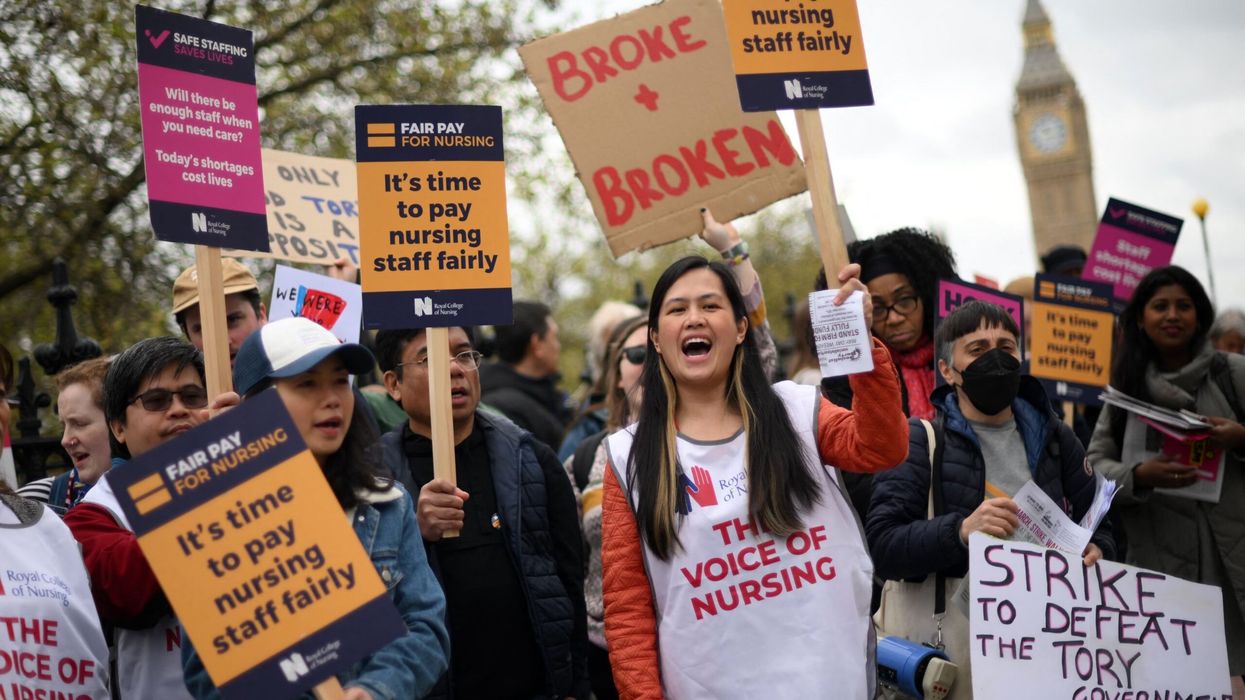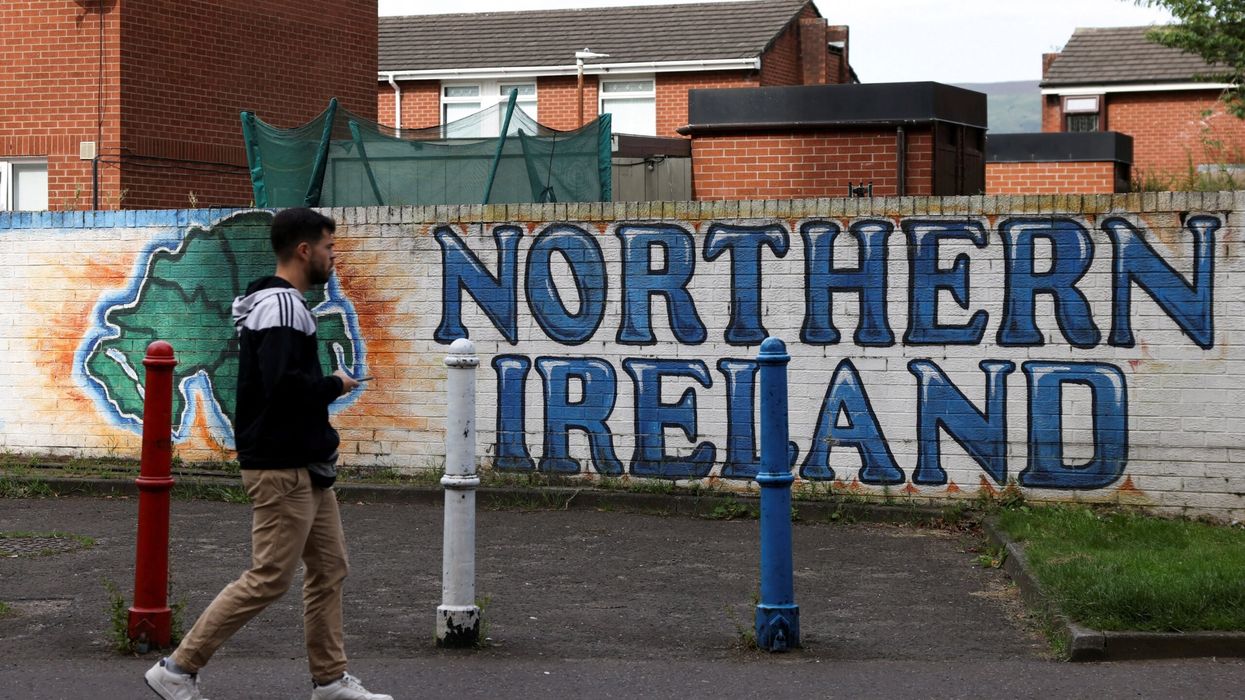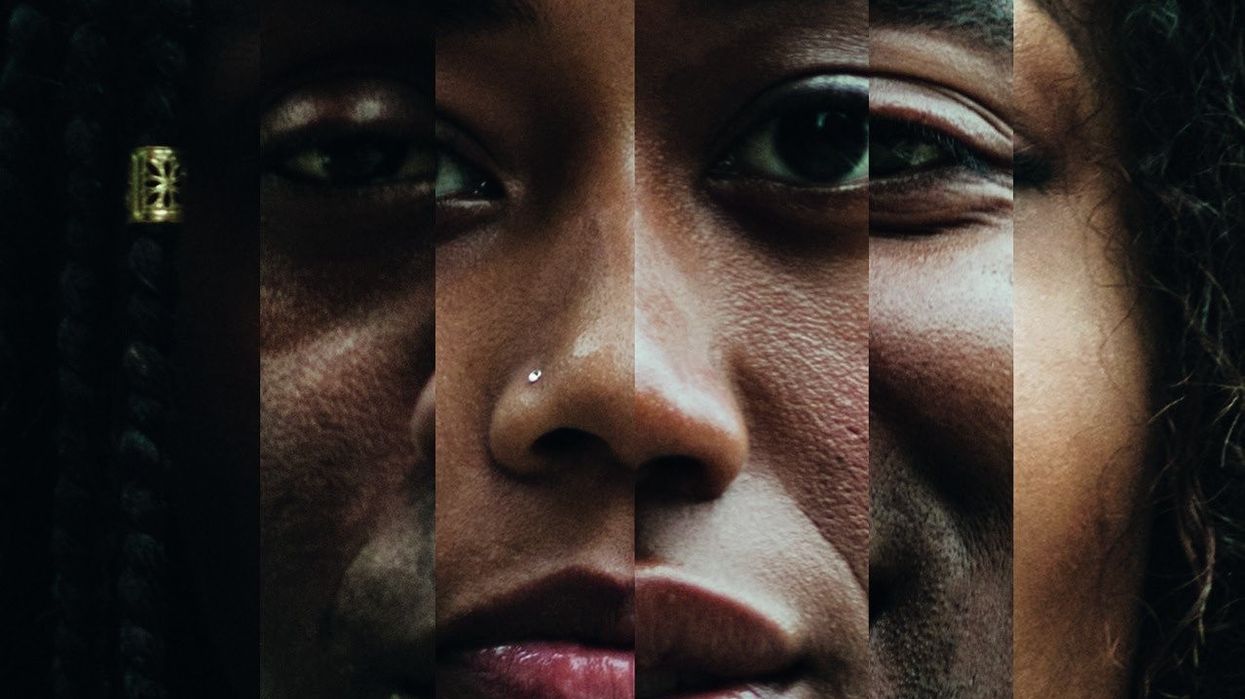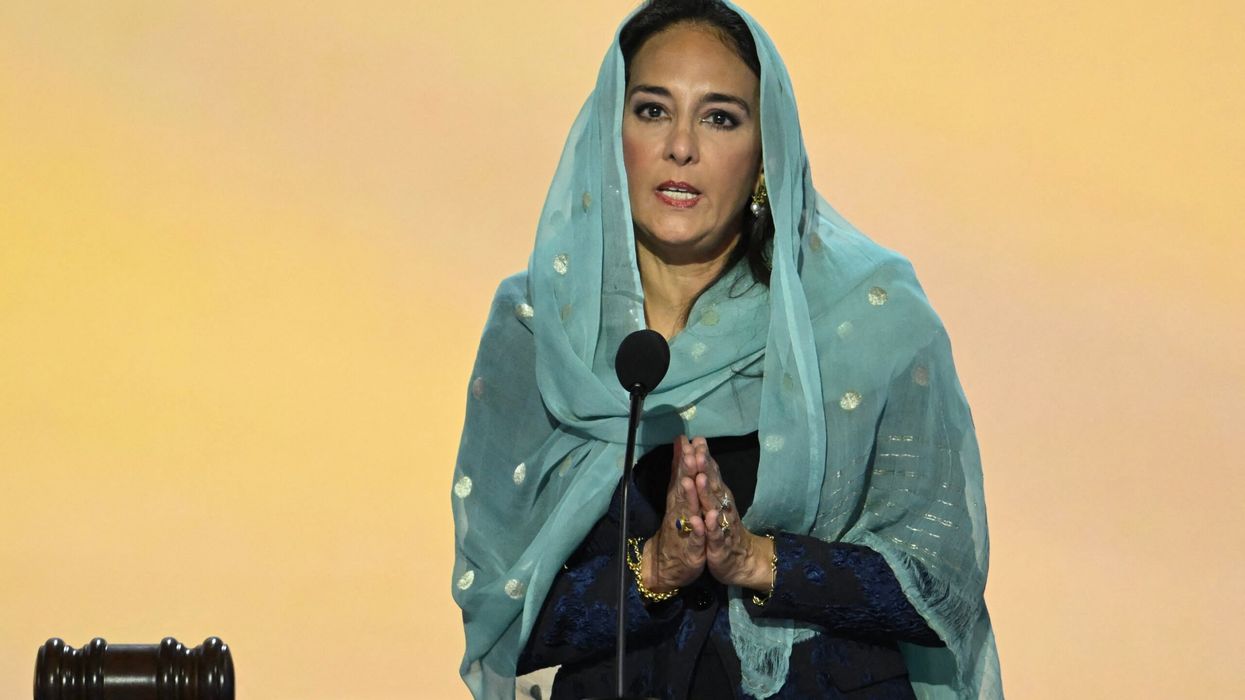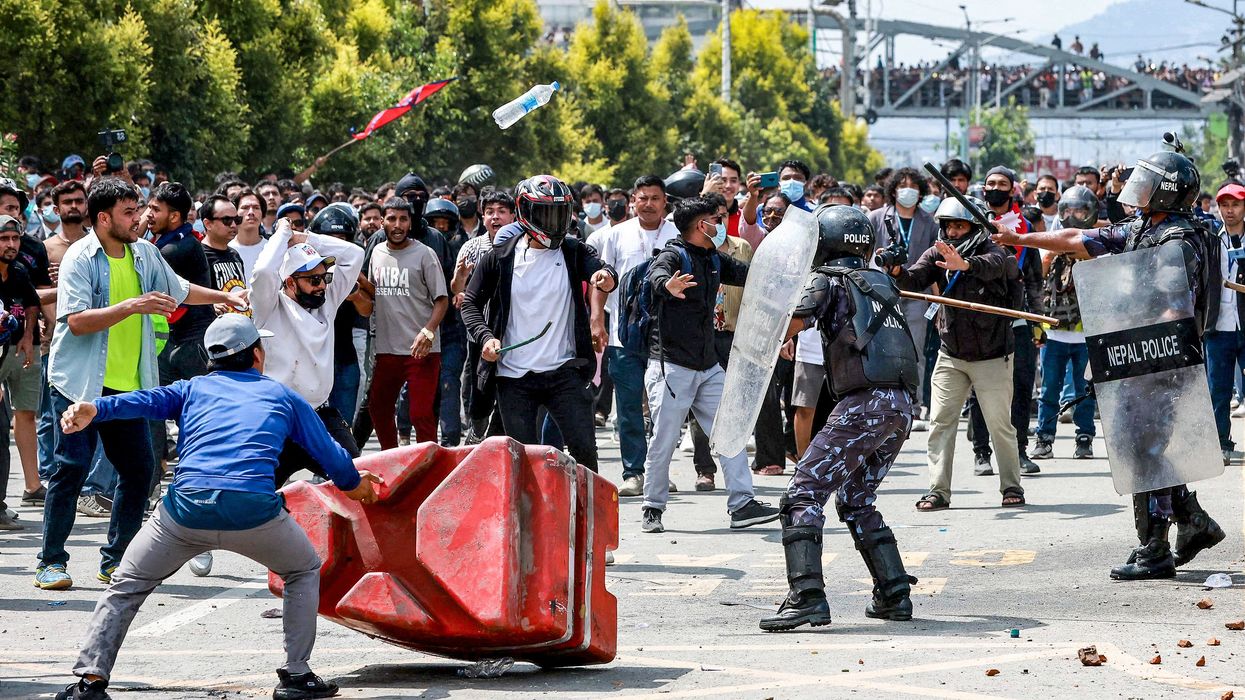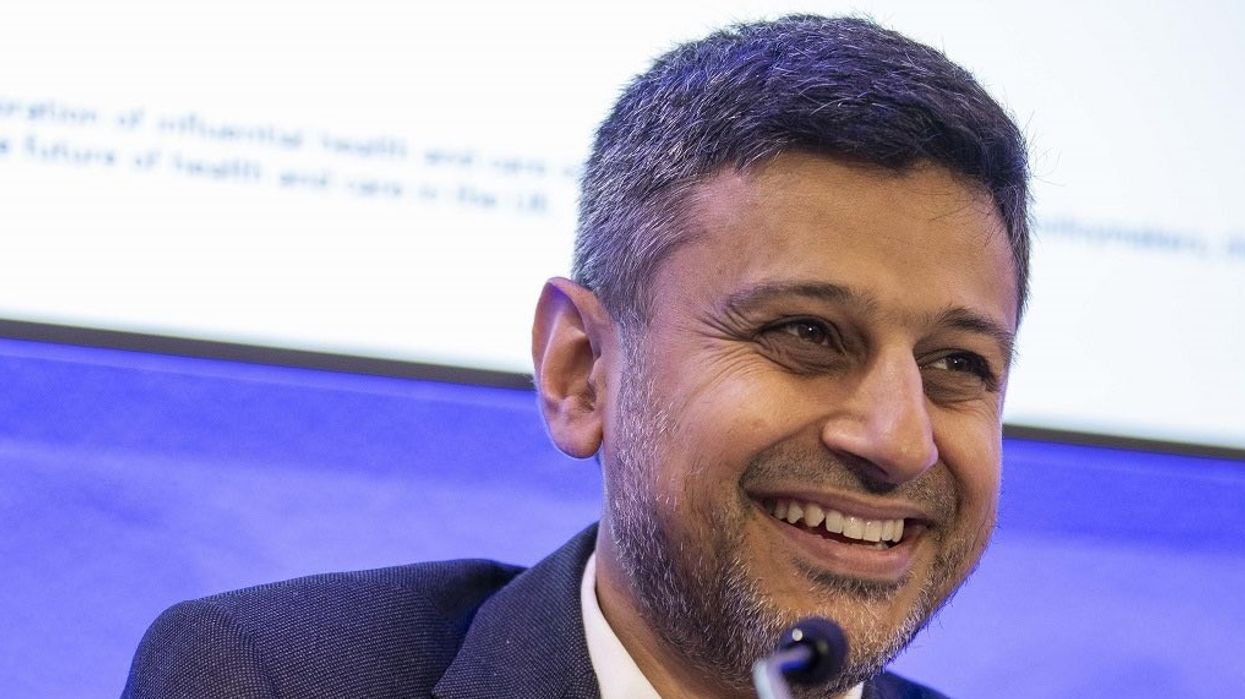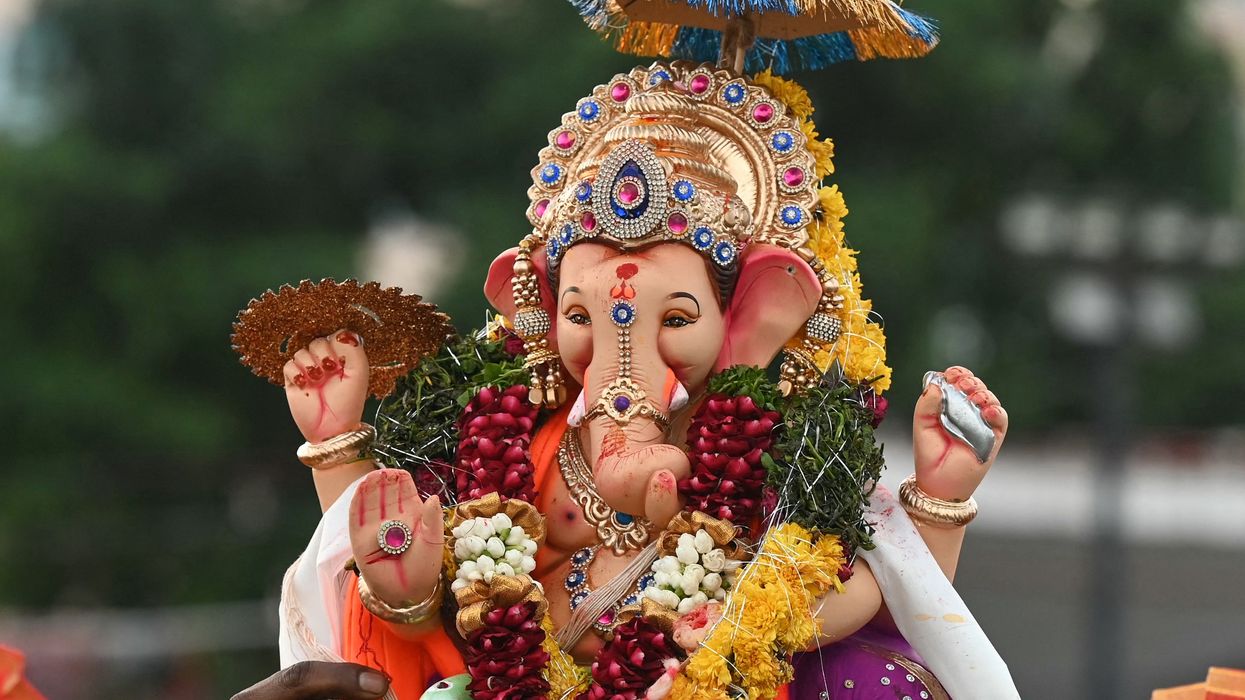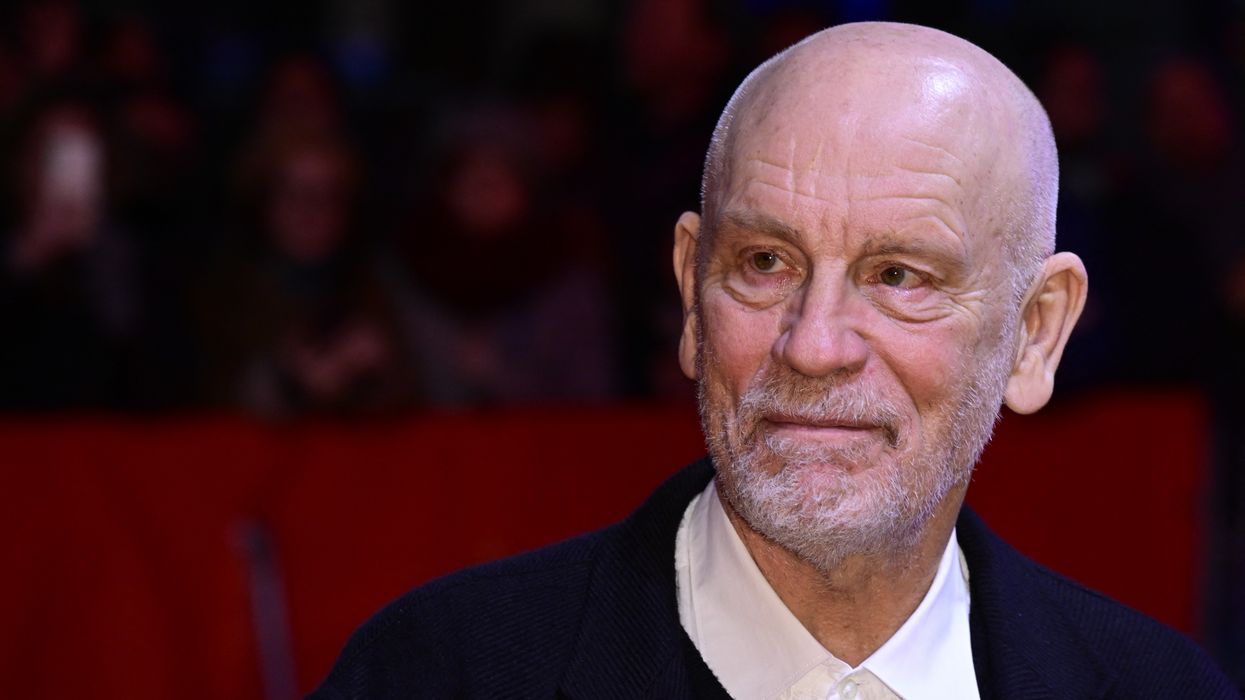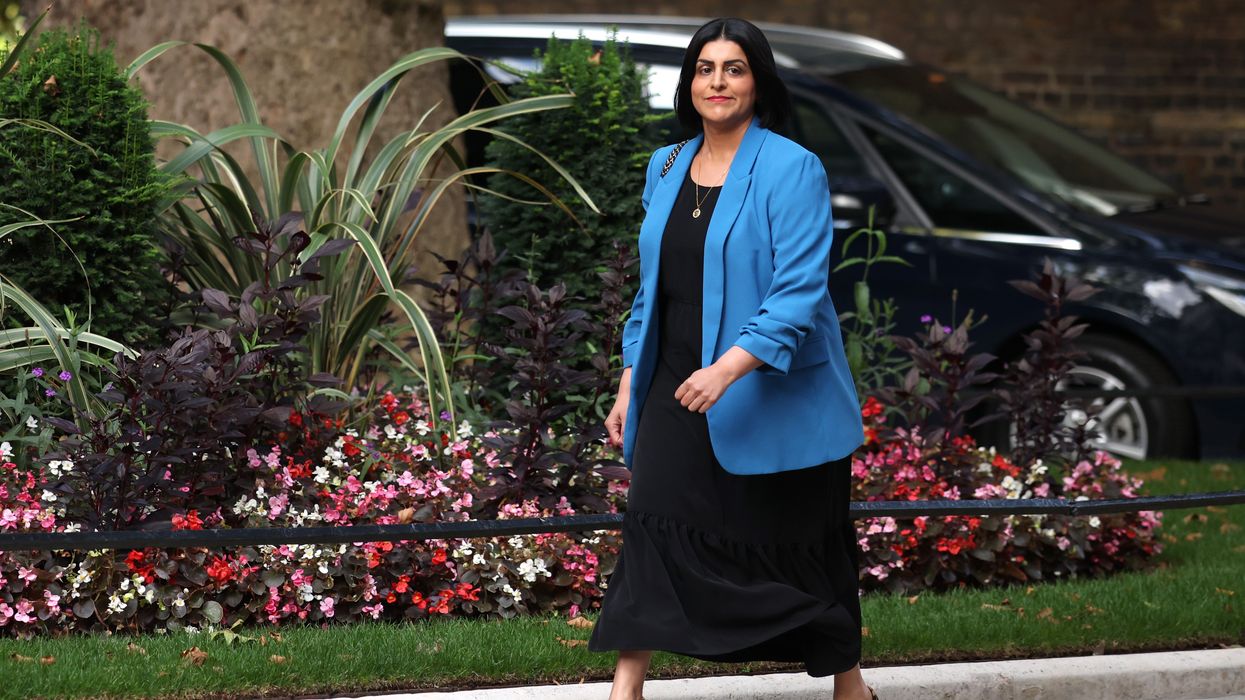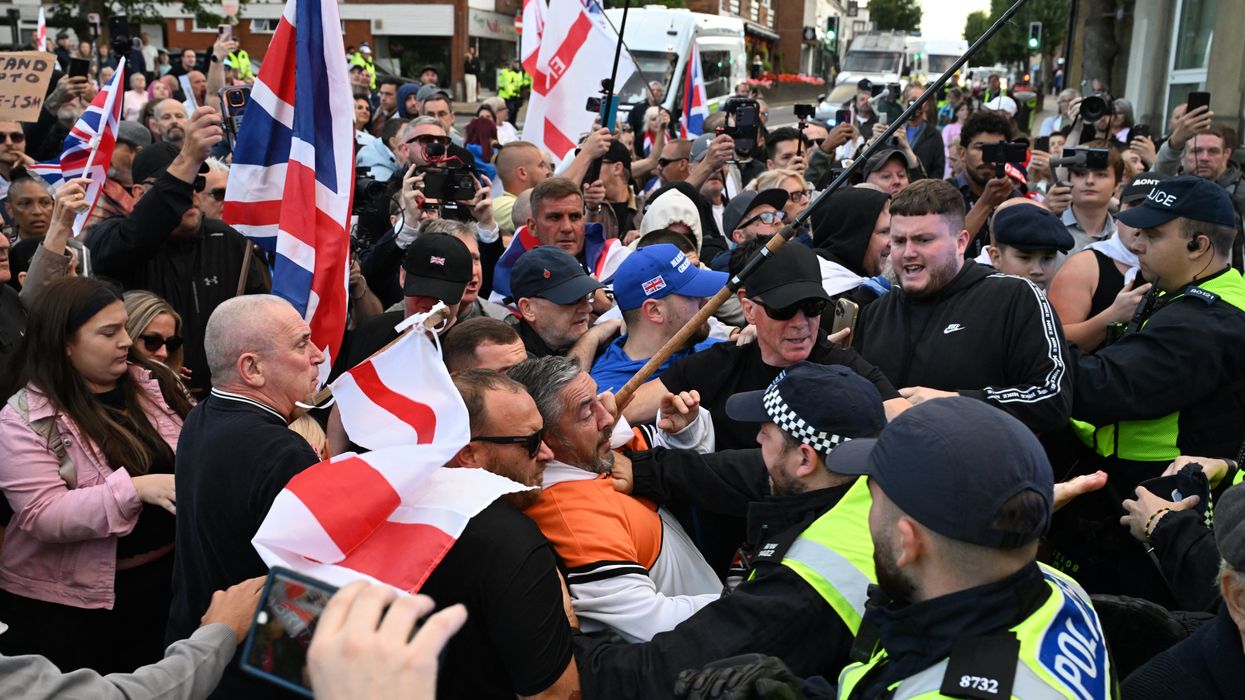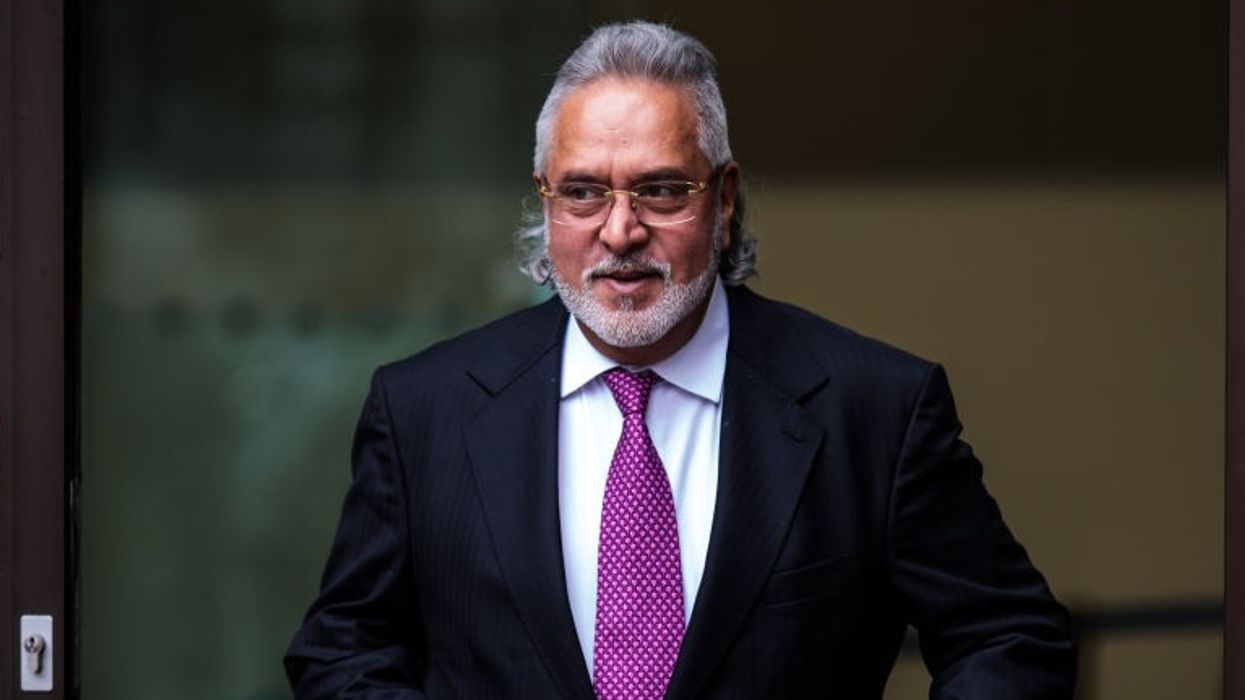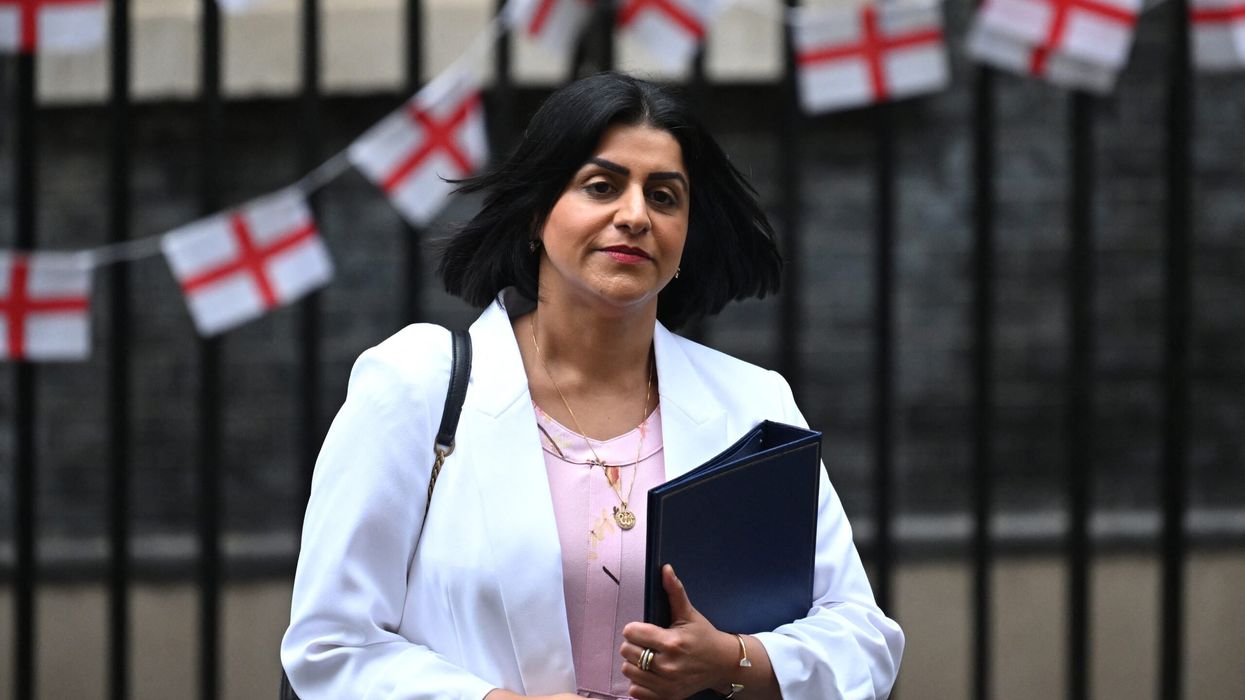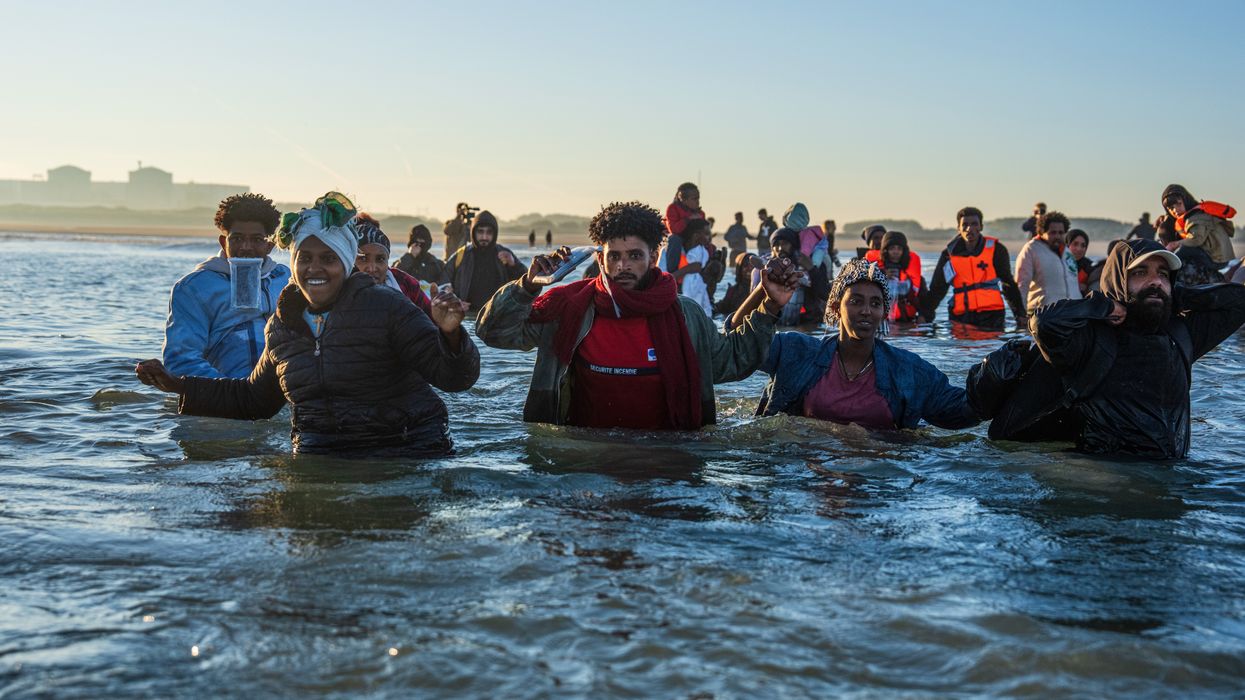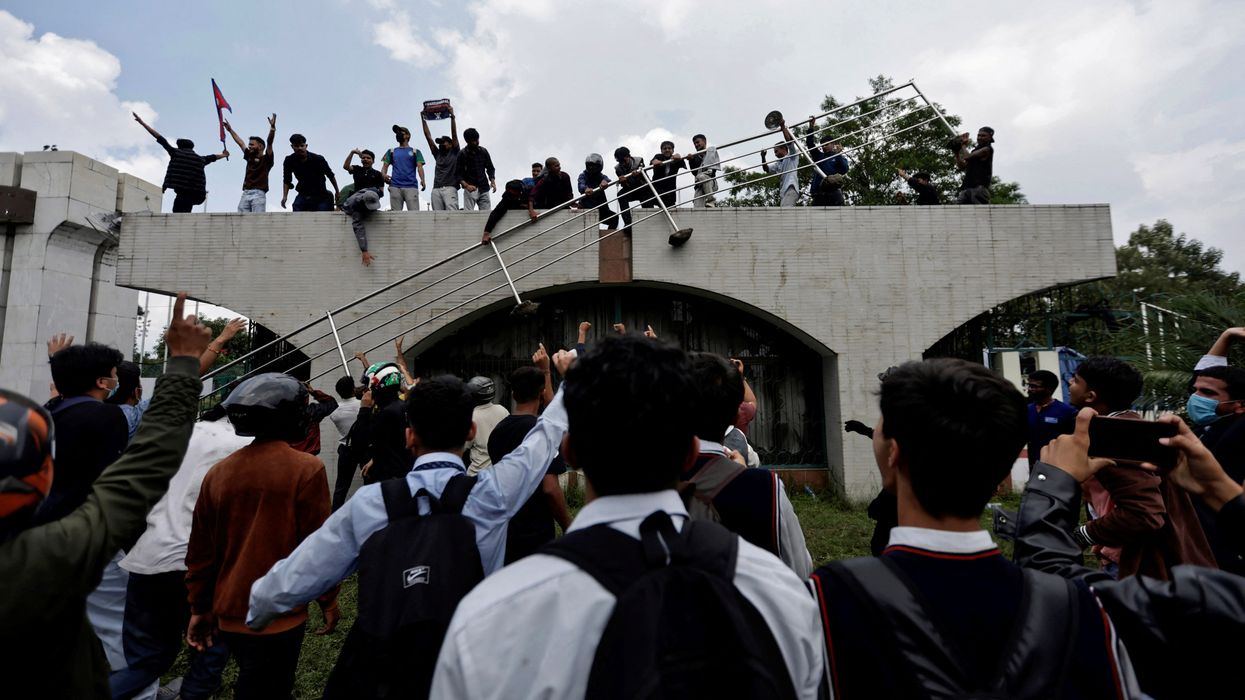GIRLS from a Bradford Islamic school are participating in a new initiative designed to encourage pupils from under-represented backgrounds to apply to the University of Oxford.
Feversham Girls' Academy in Undercliffe recently hosted the launch of the BeUNIQ programme, with Oxford's director of undergraduate admissions and outreach, Samina Khan MBE, present to meet students.
This scheme targets teenagers from British Bangladeshi and Pakistani families to increase their representation at Oxford, the BBC reported.
The BeUNIQ programme engages state school pupils from Year 10, offering continuous support through Year 11. Participants work closely with Oxford's admissions team and attend a residential summer school at the university during their A Level studies.
Khan highlighted the under-representation of South Asian students at Oxford, stressing the programme's focus on attracting students of Pakistani and Bangladeshi heritage in its initial rollout in Bradford.
Feversham Girls' Academy, a Muslim faith school with 800 pupils, holds an Outstanding rating from Ofsted. The outreach efforts include providing information about student finance and Oxford's bursary schemes, addressing concerns about the cost of higher education and distance from home.
Oxford's Islamic Society also contributed to the initiative by visiting the school to speak with students. Academy principal Sajida Muneer noted the alignment of BeUNIQ with the school’s ongoing efforts to encourage university applications, particularly to institutions like Oxford.
Muneer pointed out the significance of faith for the students when choosing universities. She reassured them that attending Oxford would not require compromising their Islamic values, as demonstrated by the Islamic Society's involvement.
The BeUNIQ programme will provide Feversham Girls' Academy with various workshops, talks by current Oxford students, online academic support, parental information sessions, and debates to broaden students' perspectives.
Additionally, visits to Oxford colleges will be organised to further inspire and inform the students.


